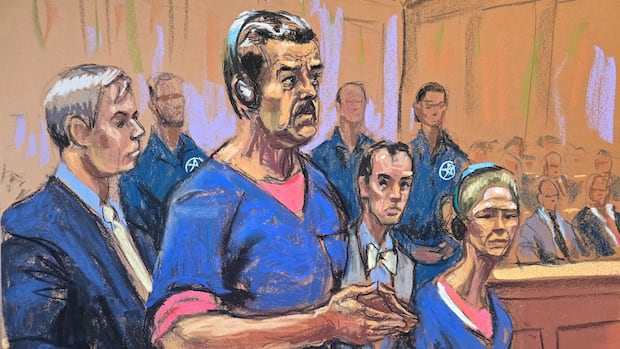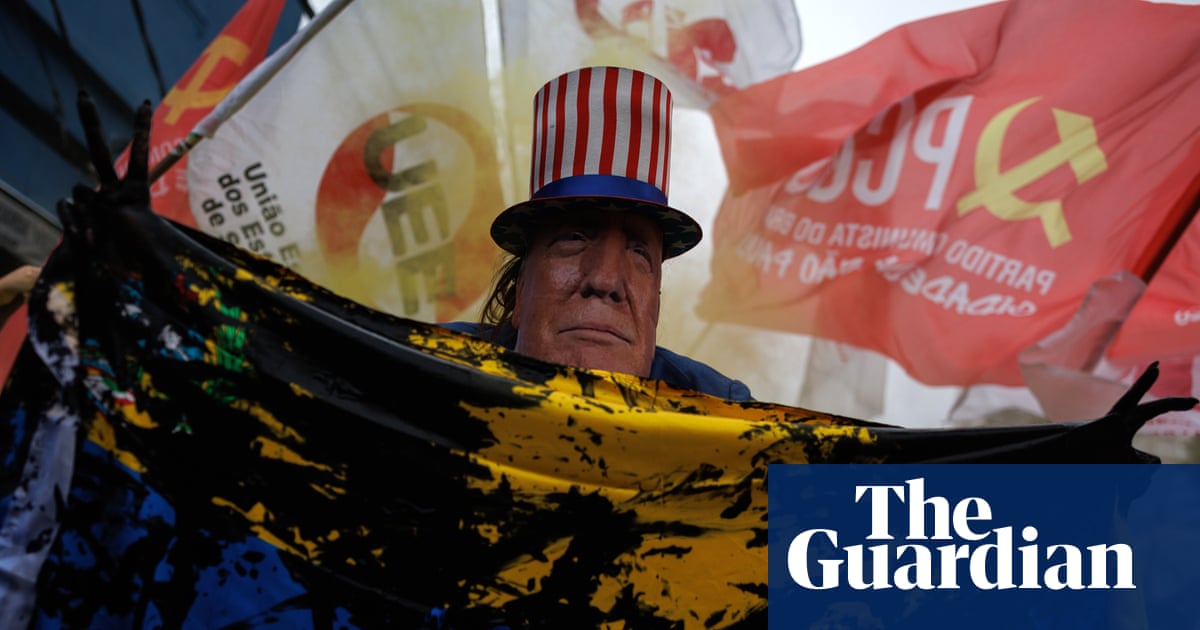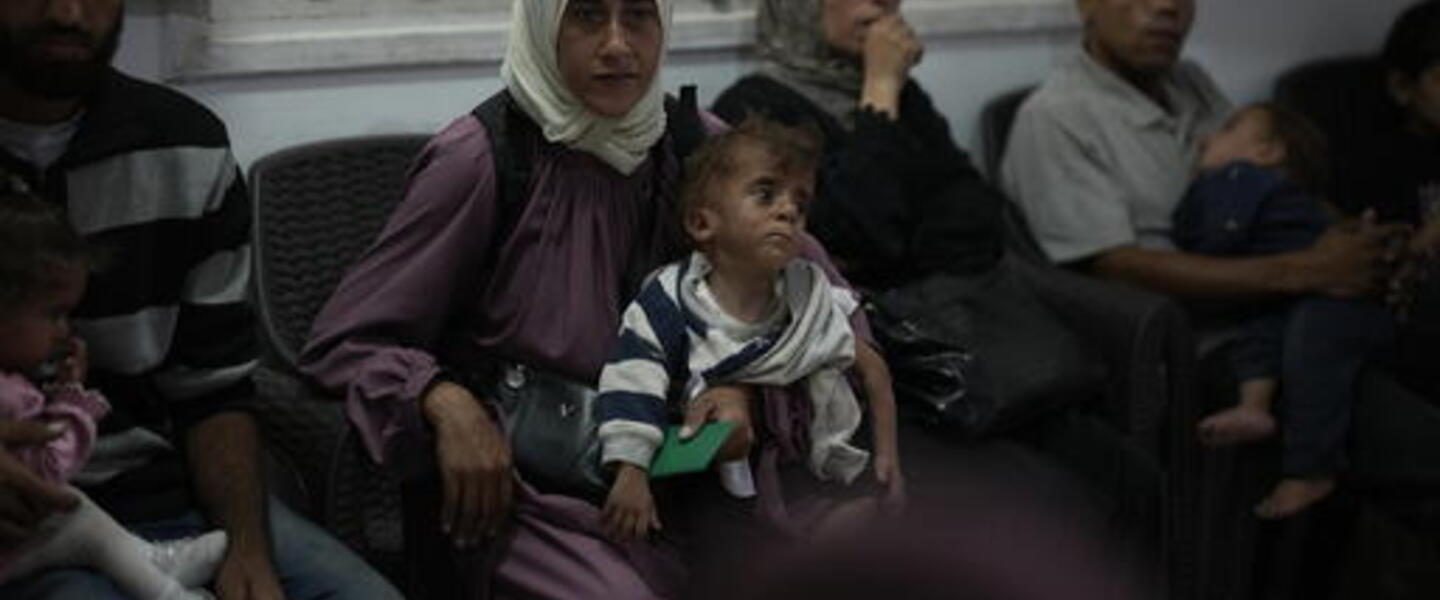- Donald Trump’s renewed ambition to seize Greenland triggers alarm in Europe Financial Times
- ‘We need Greenland’: Trump repeats threat to annex Danish territory BBC
- Greenland says ‘no more fantasies about annexation’ after Trump remarks
Category: 2. World
-

Donald Trump’s renewed ambition to seize Greenland triggers alarm in Europe – Financial Times
-
Maduro in court as Washington calls the shots – Dawn
- Maduro in court as Washington calls the shots Dawn
- ‘I’m still president,’ says Venezuela’s abducted leader Maduro in NYC court Al Jazeera
- Maduro to appear in New York courtroom as Trump administration lays out plans for Venezuela – live…
Continue Reading
-
At UNSC, Pakistan calls for restraint and dialogue – Dawn
- At UNSC, Pakistan calls for restraint and dialogue Dawn
- Pakistan expresses ‘profound concern’, urges restraint and dialogue on Venezuela at UNSC Dawn
- Ensuring safety, security of Pakistani nationals in Venezuela: FO Geo News
- US Strikes…
Continue Reading
-

Key takeaways from Maduro’s first court appearance in U.S.
Deposed Venezuelan President Nicolás Maduro pleaded not guilty on terrorism and drug-trafficking charges during his first appearance in a New York court on Monday.
The appearance comes two days after the United States captured Maduro and his…
Continue Reading
-

From grudging respect to unease: Russia weighs up fall of Maduro | Russia
A surprise raid on the capital in the dead of night, ending with the capture of the country’s leader. By the following day, the invading power announces it will rule the nation for an indefinite period.
That was how Vladimir Putin envisaged his…
Continue Reading
-

Trump news at a glance: Maduro appears in US court as nations condemn president’s attack on Venezuela | Trump administration
The deposed Venezuelan president Nicolás Maduro pleaded not guilty to drugs, weapons and narco-terrorism charges on Monday, two days after his capture by US special forces in an operation ordered by Donald Trump that sent shockwaves around the…
Continue Reading
-

Mayor Mamdani Announces 3 Judicial Appointments
NEW YORK, NY — TODAY, Mayor Zohran Mamdani announced 3 new judicial appointments which will be subject to a public hearing for official appointment in January: Cary Fischer, Natalie Barros, and Andrés Casas.
“New Yorkers deserve a…
Continue Reading
-

Mayor Mamdani Announces 3 Judicial Appointments
NEW YORK, NY — TODAY, Mayor Zohran Mamdani announced 3 new judicial appointments which will be subject to a public hearing for official appointment in January: Cary Fischer, Natalie Barros, and Andrés Casas.
“New Yorkers deserve a…
Continue Reading
-
Trump has a list of demands for Venezuela’s new leader – Politico
- Trump has a list of demands for Venezuela’s new leader Politico
- Venezuela swears in interim president after defiant Maduro pleads not guilty BBC
- Venezuelan interim leader tones down criticism, ready to ‘work with the US’ Al Jazeera
- Trump…
Continue Reading
-

UN Agencies, Aid Groups Protest Israel’s Move To Bar Many NGOs From Gaza As Winter Exacerbates Dire Conditions
Gaza tent camp surrounded by mud from unusually heavy winter storms; new Israeli restructions on NGO activities would further impede humanitarian efforts, UN and partner agencies charge. Senior United Nations officials and humanitarian leaders…
Continue Reading